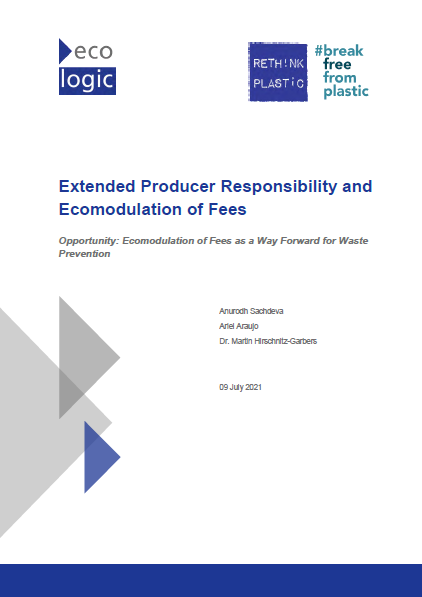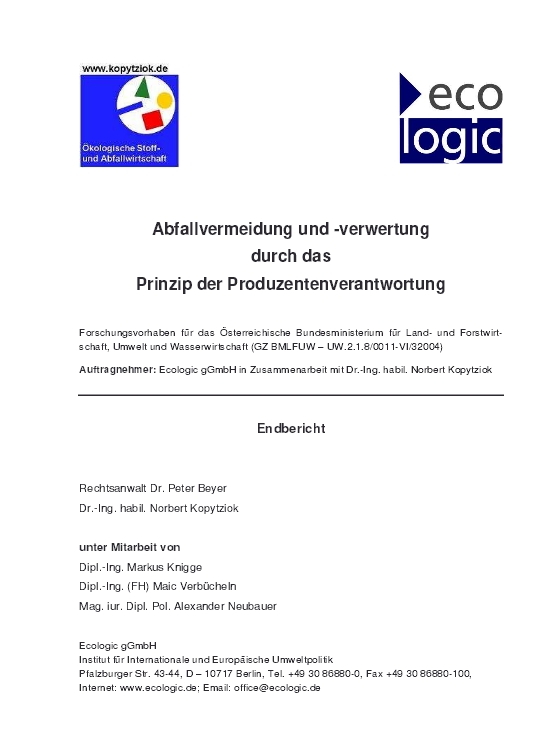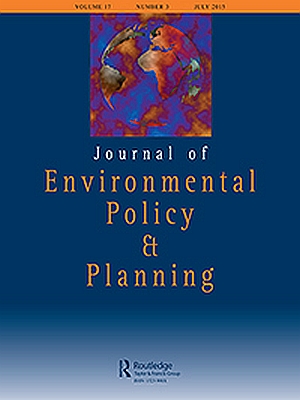Extended Producer Responsibility (EPR) is an environmental policy instrument, which places the responsibility for managing the product’s end-of-life on the producer. Producers pay EPR fees based on quantities of packaging or products (e.g. electric and electronic equipment and textiles) put onto market. Presently, in most European Member States EPR fees primarily cover downstream costs of waste management, in particular collection, transport, sorting and recycling/treatment. However, upstream processes to facilitate the transition to a circular economy, such as design for recyclability, reparability, reusability are seldom taken into account. Therefore, EPR fees do not (yet) differentiate between products and packaging, which are difficult to reuse, remanufacture, repair and recycle, and those, which are designed for reuse, remanufacturing, repair and recycling. Thus, there is no incentive for a producer to make upstream design changes to enable the circular economy.
In this context, ecomodulation of fees can play a crucial role in incentivising upstream design changes by reducing the fees for products or packaging designed for circular economy. Products or packaging with circular design (e.g., a minimum percentage of recycled content, high reparability index, reduction in weight of material, shift from low to easily recyclable material(s)) could benefit from reduced fees, while those with design barriers, which are also often exported to developing countries for end-of-life treatment, could incur higher fees. Thus, ecomodulation of fees can play a vital role in prioritizing design as waste prevention, reusability, reparability and recyclability.
Against this background, this project run by Ecologic Institute focused on the product streams batteries, plastic/packaging, textiles and waste electric and electronic equipment (WEEE) and investigated the following four aspects:
- Criteria to be covered by ecomodulation according to specific sectors
- Size of the fees and modulation
- Costs which should be covered by the EPR system
- Use and allocation of the EPR revenues
A final report was published as part of the project and a web seminar was held during the project period.





